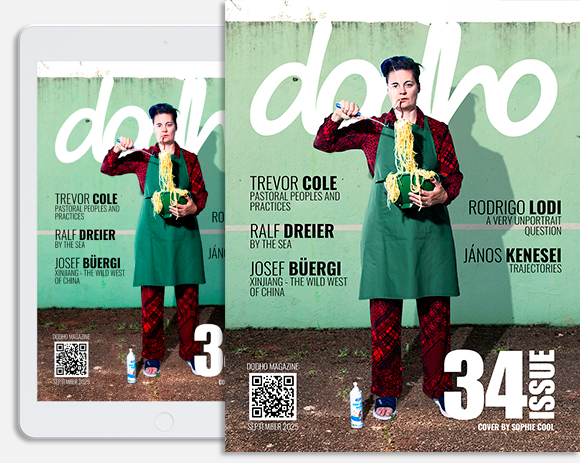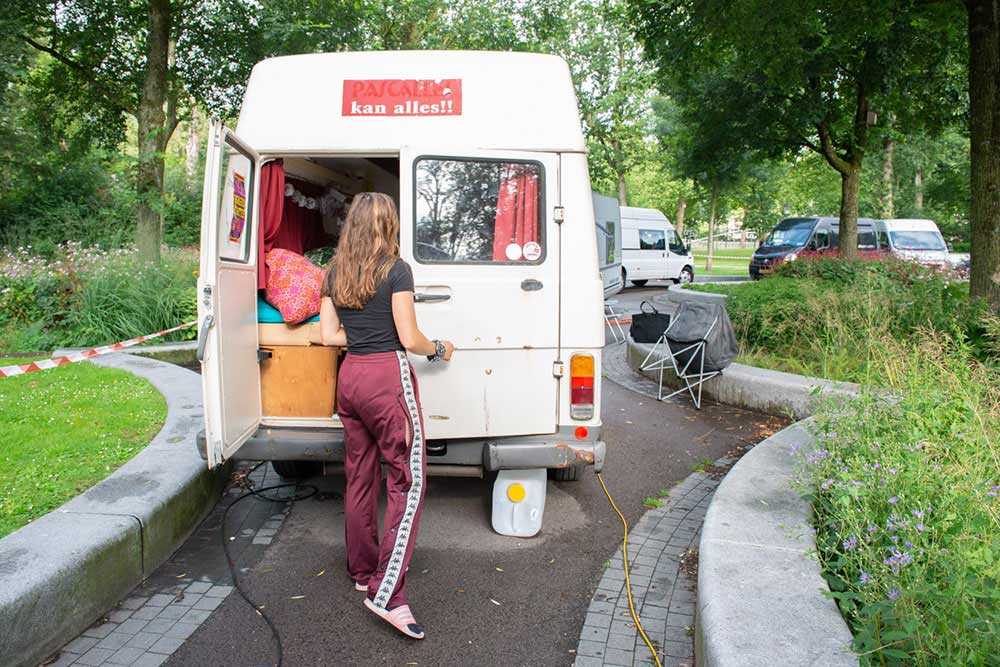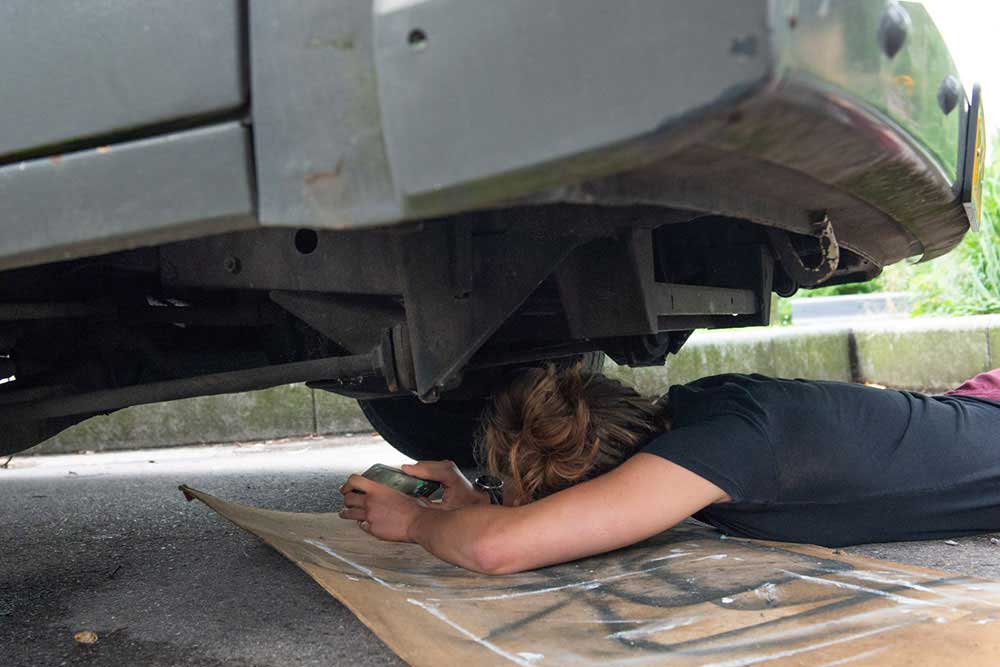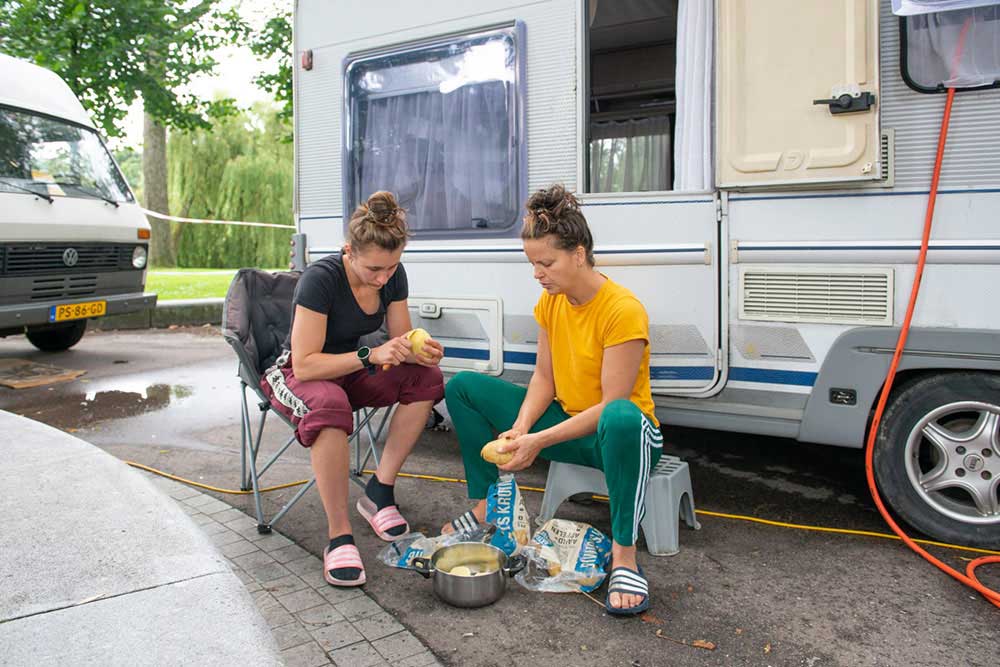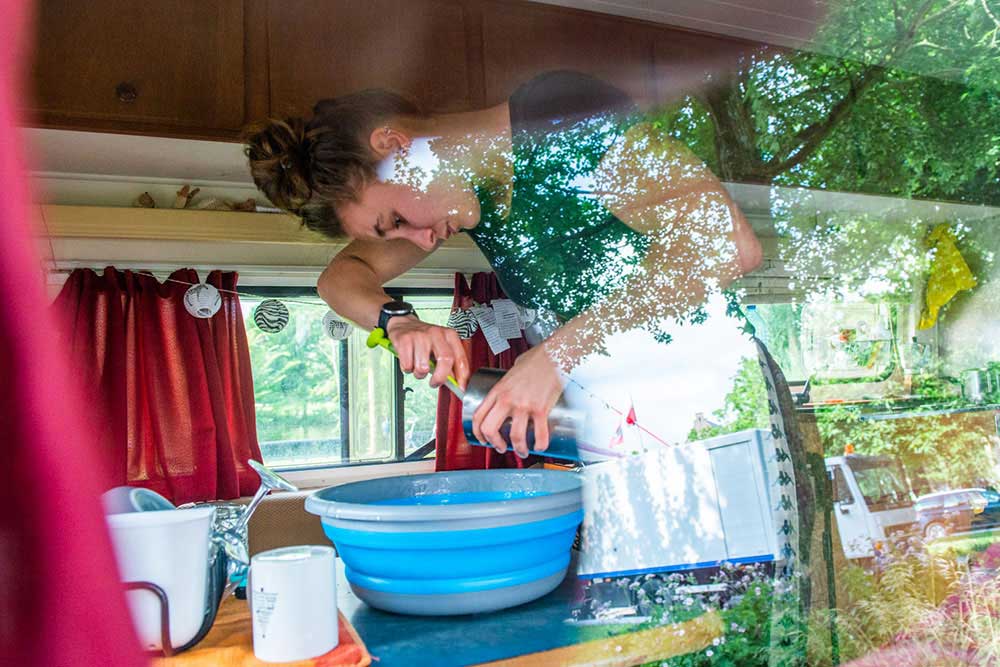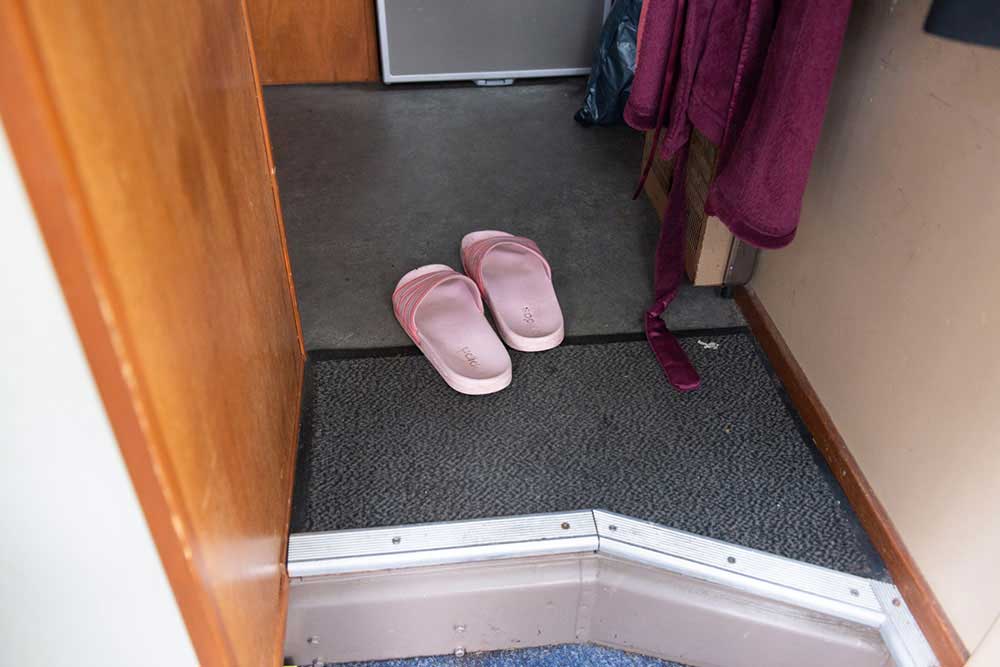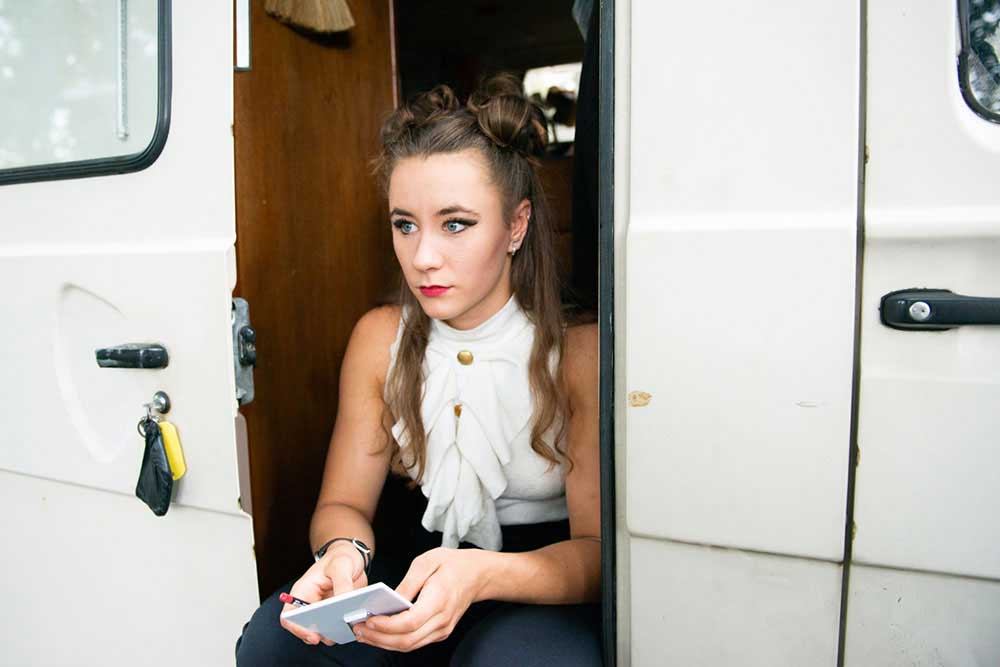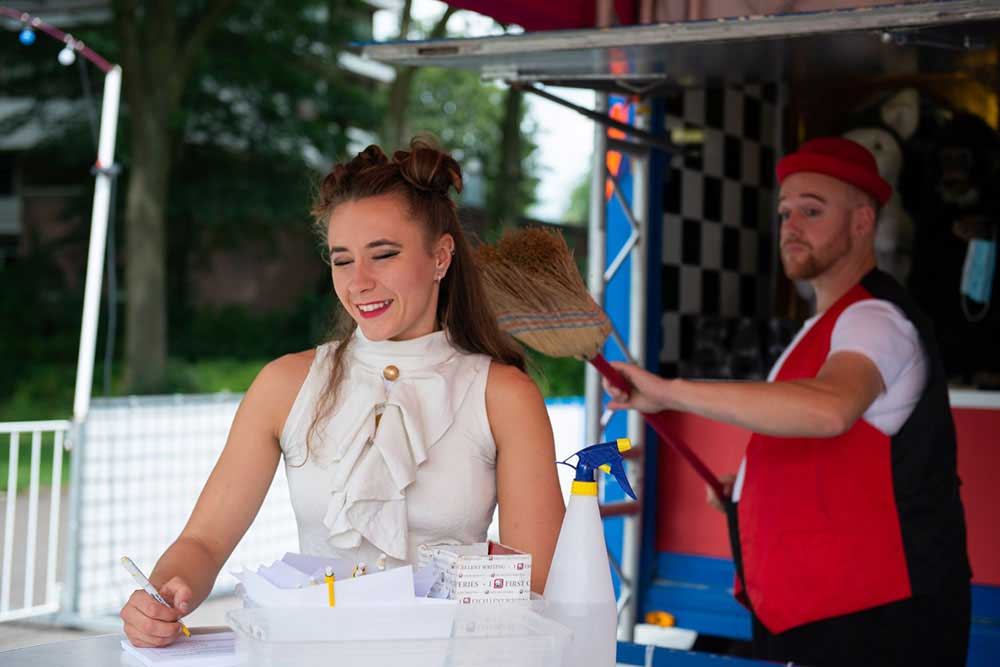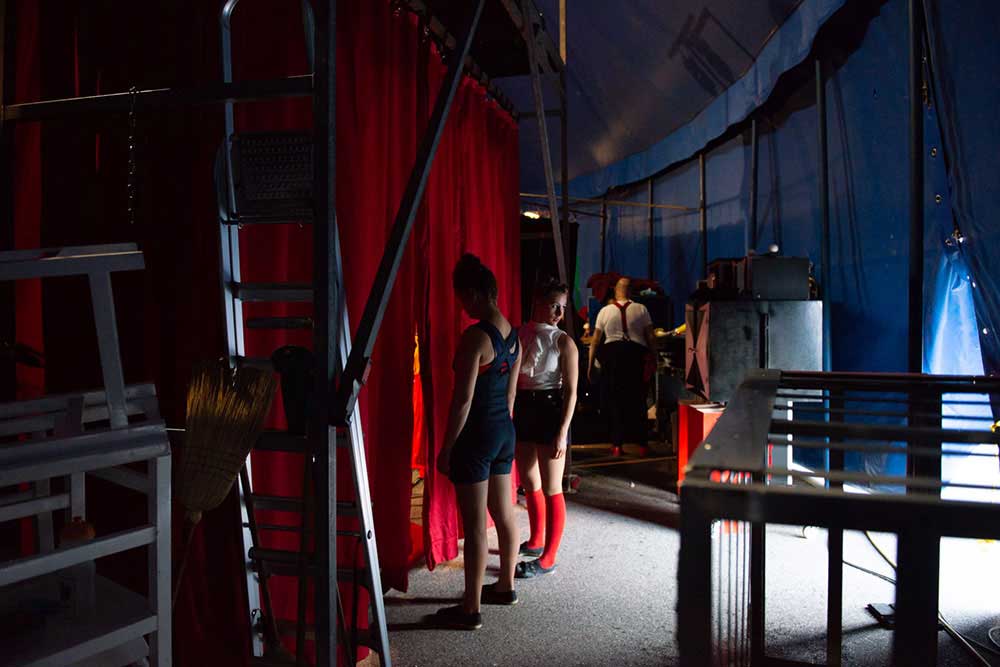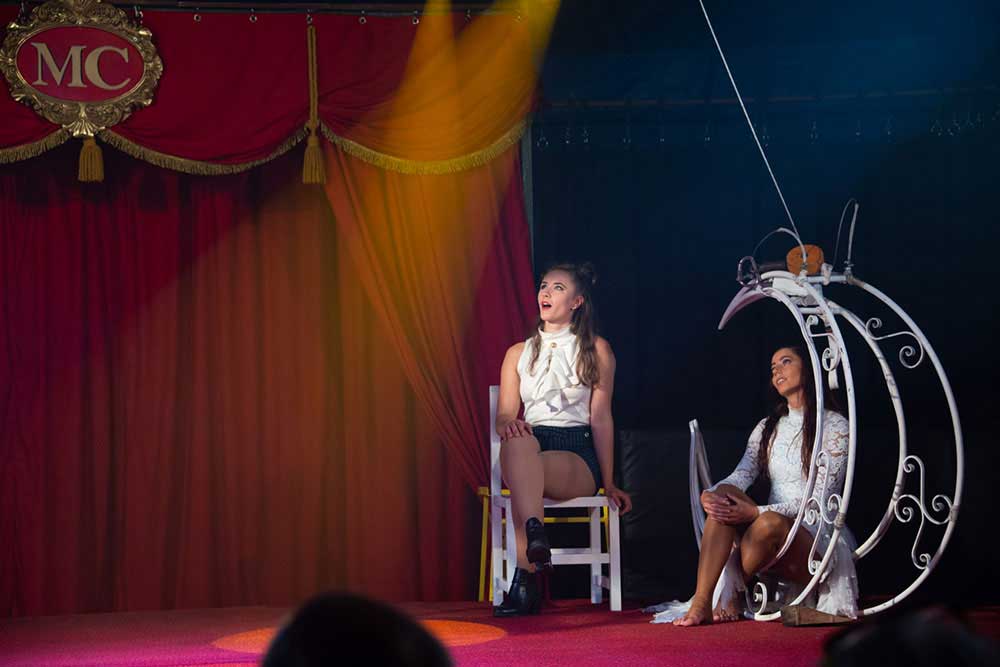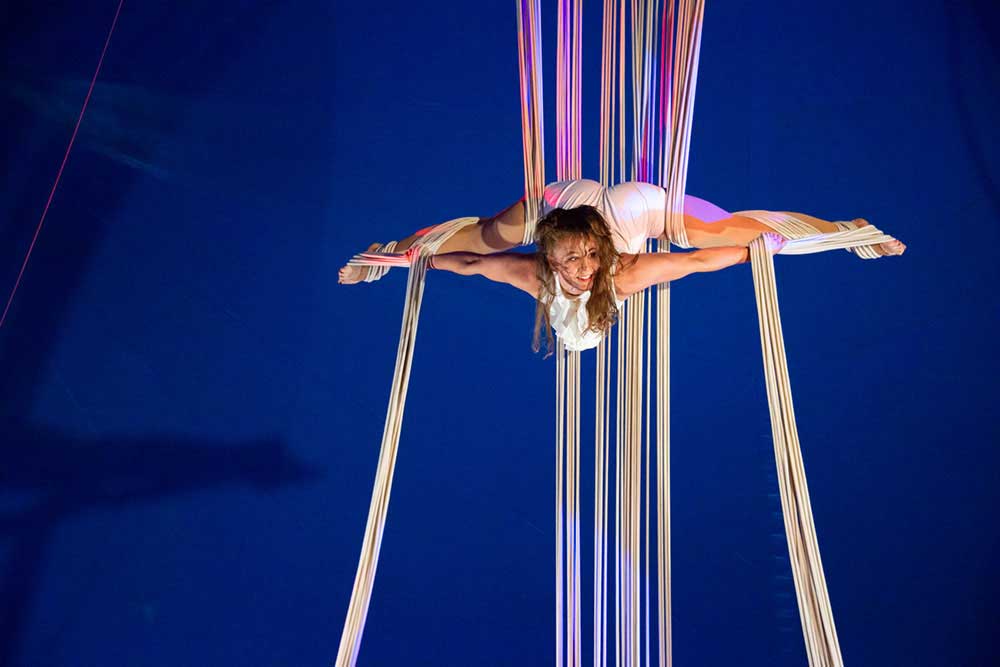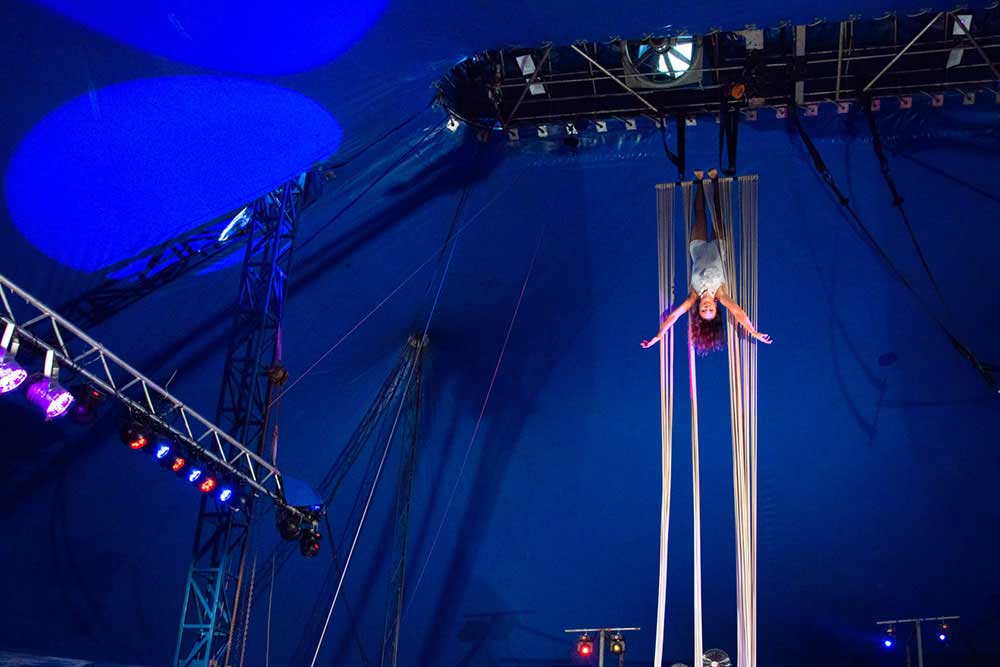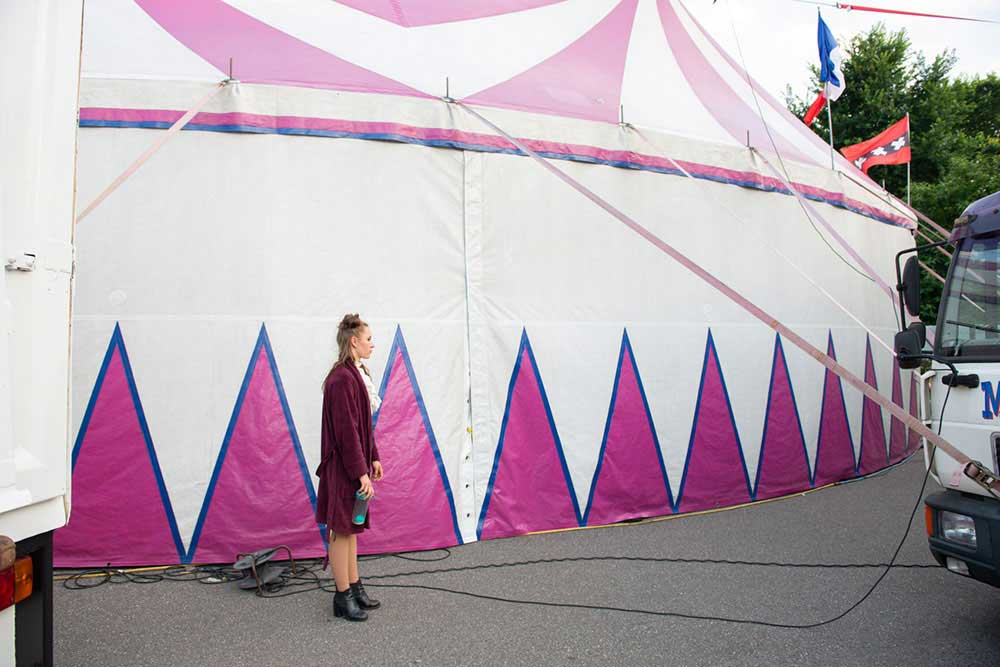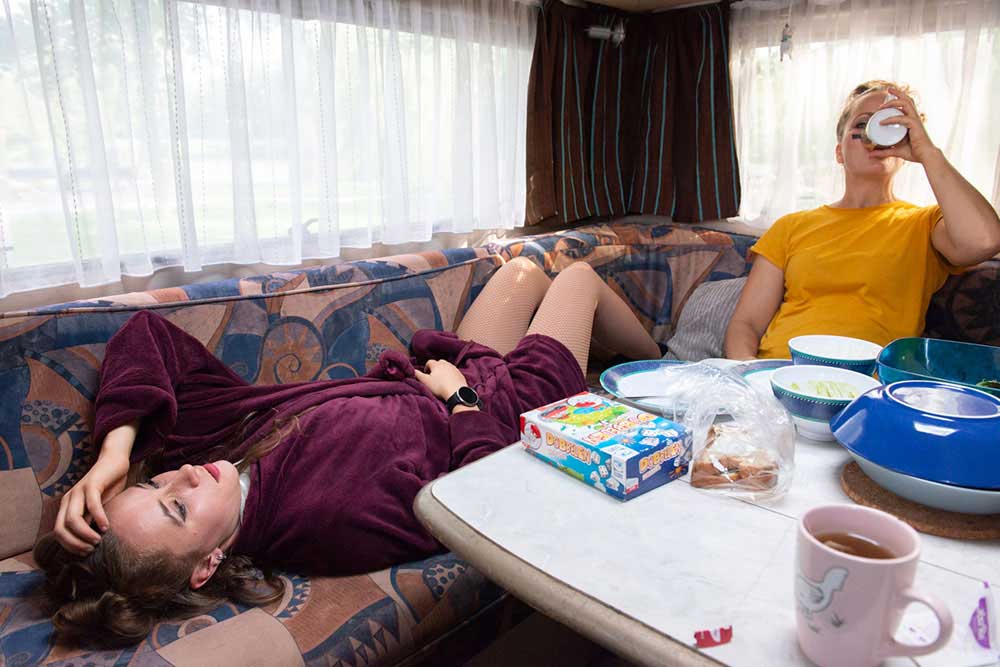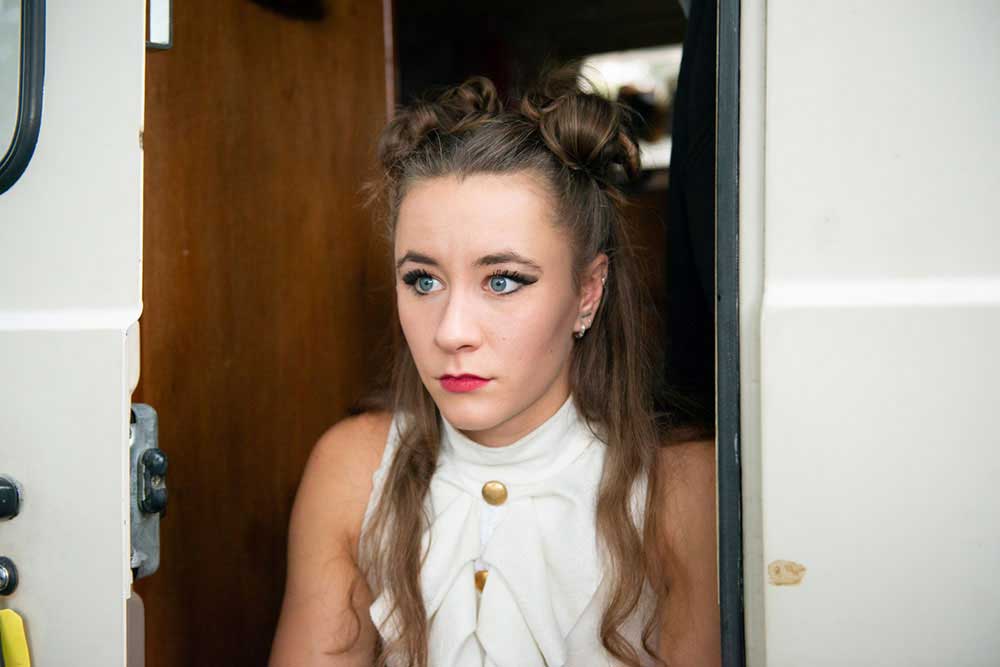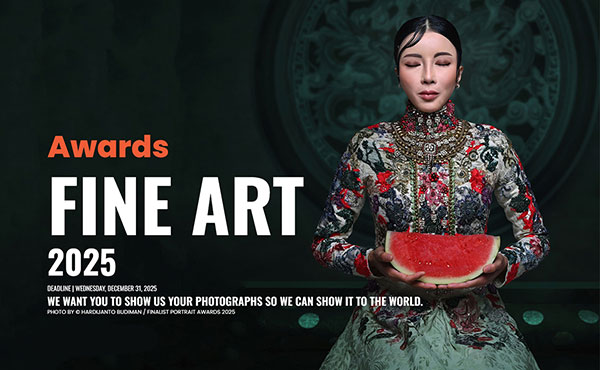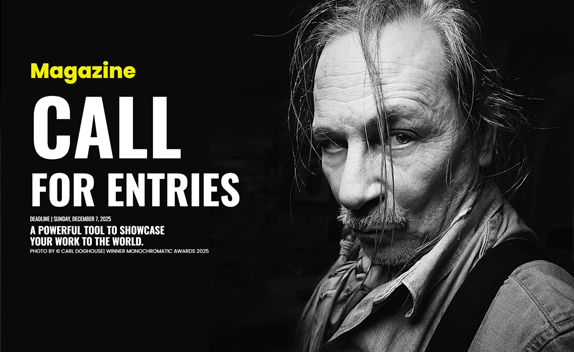There is only one Dutch tent circus left that travels through the Netherlands all year long.
Magic Circus moves to another parking lot or field every couple of days. And Pascalles loves moving. “I lived with my mum for eight months in corona times” Pascalles told me when I met her. “We are like friends but still.. I am so happy to be on the road in my camper again.”
I met Pascalles early in the morning in a park in Amsterdam. She was stowing away her bed and preparing her camper for the day ahead. The vehicle was leaking oil and after a smoke and an espresso Pascalles crawled underneath the car to see what was wrong. Next up was a split seam in a costume that needed repairing and then she went on to training and rehearsing. Pascalles performs with multicordes and has a rhönrad act together with Roos who lives with her family in the trailer next-door. After rehearsals Roos and Pascalles cooked together and then they performed at the two shows that are planned that day. Everyone did everything during the hours of the shows; welcoming the audience, sweeping, lifting, making popcorn and pancakes, handing props and acting as safety net.
Pascalles (24) was raised in Groningen, the northernmost province of the Netherlands. Growing up she had trouble sitting down and keeping still. She was up in every climbing frame, tree or lamppost in no time. Outclimbing every child she met while having trouble reading on the other hand, she began dreaming of life at the circus. In spite of dyslexia and being so agile Pascalles studied psychomotor therapy and graduated. And then right after graduation she joint the circus.
I am intrigued by circus life. I admire the incredible skill and strength of the artists and the fact that they followed their hearts by joining the circus. But what moves me most is the sense of family, the relying on each other and the resourcefulness every member of the troupe individually. This series about daily life at the circus can be interpreted as comment on the growing individuality and emphasis on possession in Dutch society and the dire need for community and skillfulness.
About Marina Marinkovic
Photography is a way of storytelling for Marina Marinkovic. She spend her twenties and thirties working as a medical doctor before training as a photographer in her forties. Currently she pursues a career as a photographer and whilst continuing working part time in medicine.
As a medical professional Marina often witnessed moving and important stories but doctor-patient confidentiality limited her in speaking about them. As a photographer on the other hand, there is an unspoken agreement allowing her to show the outside world what she observes and learns from the people she shoots. With this new found freedom in communicating Marina hopes to contribute to understanding and tolerance.
Marinas strength as a photographer lies in capturing personal stories. She is interested in evoking universal emotions by depicting extraordinary people in normal circumstances and normal people in extraordinary circumstances. She thoroughly enjoys making contact with the people she photographs and is allowed to come quite close to her subjects. Themes close to Marinas heart are care and performing arts and she is intrigued by individuality, vulnerability and inner strength.


